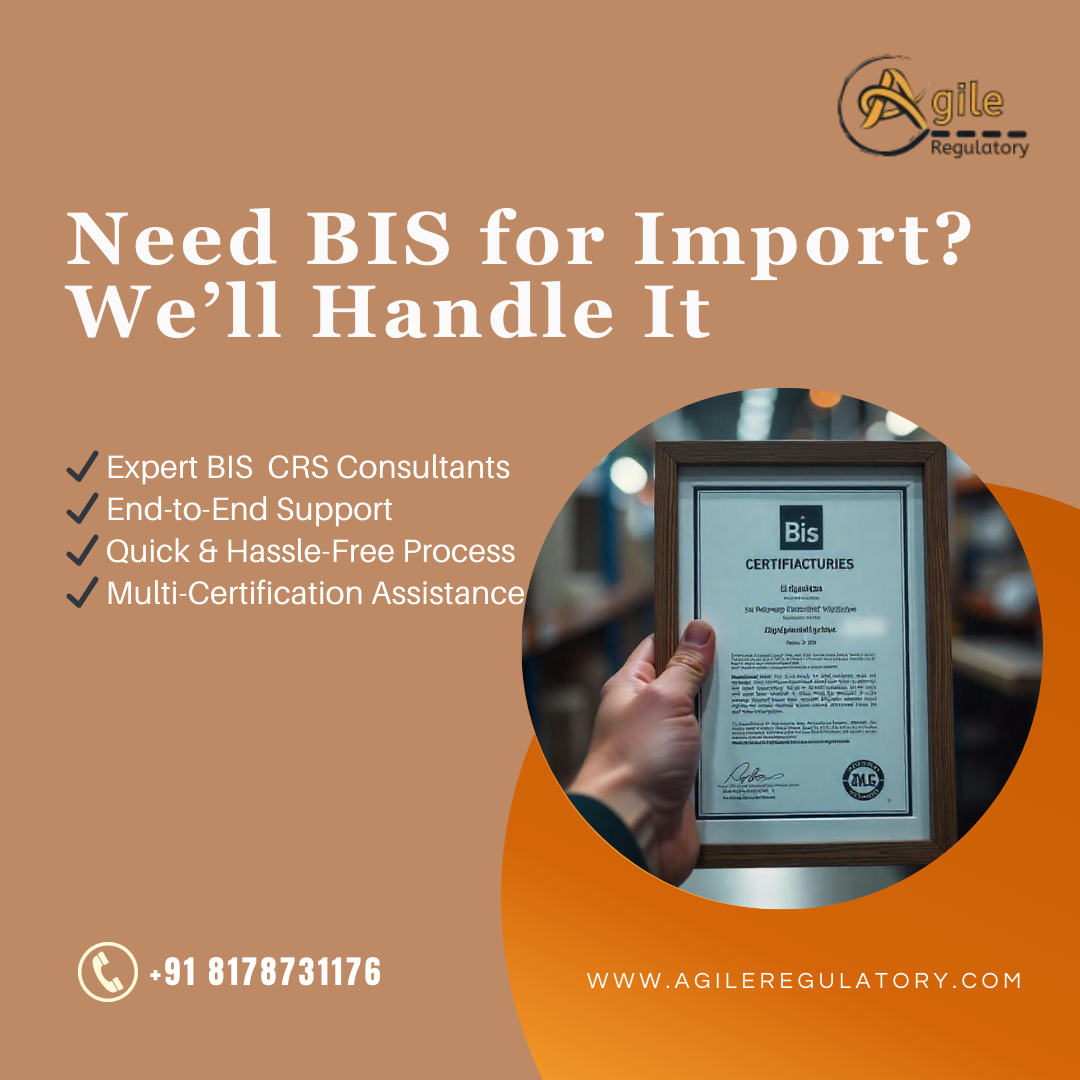-
Feed de notícias
- EXPLORAR
-
Páginas
-
Grupos
-
Eventos
-
Blogs
-
Marketplace
-
Offers
-
Jobs
-
Fóruns
Optimizing Your Import Strategy for India

India’s rapidly growing consumer base, dynamic economy, and expanding trade network make it an attractive destination for global importers. However, navigating the complexities of Indian import regulations requires a strategic approach. From understanding tariff structures and compliance requirements to optimizing logistics and certifications, businesses must fine-tune their strategies to ensure cost efficiency, regulatory compliance, and market success.
Understand Indian Import Regulations
India operates under a structured import system governed by the Customs Act, 1962 and other regulatory frameworks including the Foreign Trade Policy issued by the Directorate General of Foreign Trade (DGFT). Importers must obtain an Importer Exporter Code (IEC), a mandatory identification number for customs clearance. Understanding HS codes, tariff rates, and customs valuation rules is crucial for calculating duties and avoiding classification errors.
Additionally, some goods are restricted or prohibited for import or may require licenses from relevant authorities such as DGFT, BIS, FSSAI, or MoEF depending on the product type. Non-compliance can lead to severe penalties, shipment holds, or rejections.
Plan for Logistics and Customs Clearance
India has a well-established port infrastructure and customs electronic data interchange (EDI) system. Yet, clearance delays can occur due to documentation errors or regulatory checks. To optimize logistics:
-
Choose the right port of entry based on infrastructure and proximity to your market.
-
Partner with an experienced customs broker or logistics provider.
-
Ensure timely submission of the Bill of Entry, packing list, commercial invoice, and other required documents.
-
Stay updated with India’s Risk Management System (RMS), which may lead to expedited clearance for low-risk consignments.
Proper coordination between your suppliers, freight forwarders, and customs agents can minimize demurrage costs and improve turnaround time.
Evaluate Duty Drawbacks and Incentives
India offers several trade facilitation measures and duty exemption schemes such as:
-
Advance Authorization Scheme: Exempts duties on inputs used in manufacturing export products.
-
Duty Drawback Scheme: Refunds duties paid on imported inputs used for exports.
-
Export Promotion Capital Goods (EPCG) Scheme: Offers duty reductions on capital goods used in manufacturing.
Importers can leverage these schemes to improve cost efficiency. It’s advisable to consult with experts or legal advisors to evaluate eligibility and documentation requirements.
BIS Certification for Import: Role of Agile Regulatory
For specific product categories, the Bureau of Indian Standards (BIS) mandates certification before imports can be cleared into India. Products like electronics, pressure cookers, cement, and toys fall under the Compulsory Registration Scheme (CRS) or ISI Certification. Importers must ensure their products conform to Indian standards, are tested in BIS-recognized labs, and carry appropriate marking. Navigating this process can be technically challenging and time-consuming. This is where Agile Regulatory steps in—offering end-to-end support from documentation and lab coordination to BIS application filing and post-approval compliance. With deep domain expertise and experience across industries, Agile Regulatory simplifies the certification process, helping businesses import seamlessly while staying fully compliant.
Monitor Policy Changes and Trade Dynamics
Indian import policies evolve in response to global trade trends, domestic industry protection measures, and geopolitical developments. Recent moves include tariff hikes on electronics, anti-dumping duties on steel, and quality control orders on various imports. Regularly monitoring updates from DGFT, CBIC, and BIS helps businesses stay ahead of potential disruptions. Subscribing to trade alerts, industry forums, and regulatory advisories can be valuable.
Optimize Supplier Relationships and Quality Control
Building strong relationships with suppliers is key to ensuring timely deliveries and product quality. Conduct due diligence, negotiate clear contracts, and implement quality control checks before shipping. Adopting pre-shipment inspection and third-party verification can prevent delays and rejections at Indian ports.
We are excited to announce the **launch of the Sharkbow Marketplace!** 🎉 Now you can:
- 🛍️ List and sell your products – Open your own store easily.
- 📦 Manage orders effortlessly – Track sales and communicate with buyers.
- 🚀 Reach thousands of buyers – Expand your business with ease.
Start selling today and grow your online business on Sharkbow! 🛒
Open Your Store 🚀 ✖🚀 What Can You Do on Sharkbow?
Sharkbow.com gives you endless possibilities! Explore these powerful features and start creating today:
- 📝 Create Posts – Share your thoughts with the world.
- 🎬 Create Reels – Short videos that capture big moments.
- 📺 Create Watch Videos – Upload long-form content for your audience.
- 📝 Write Blogs – Share stories, insights, and experiences.
- 🛍️ Sell Products – Launch and manage your online store.
- 📣 Create Pages – Build your brand, business, or project.
- 🎉 Create Events – Plan and promote your upcoming events.
- 👥 Create Groups – Connect and build communities.
- ⏳ Create Stories – Share 24-hour disappearing updates.
Join Sharkbow today and make the most out of these features! 🚀
Start Creating Now 🚀- Art
- Causes
- Crafts
- Dance
- Drinks
- Film
- Fitness
- Food
- Jogos
- Gardening
- Health
- Início
- Literature
- Music
- Networking
- Outro
- Party
- Religion
- Shopping
- Sports
- Theater
- Wellness
